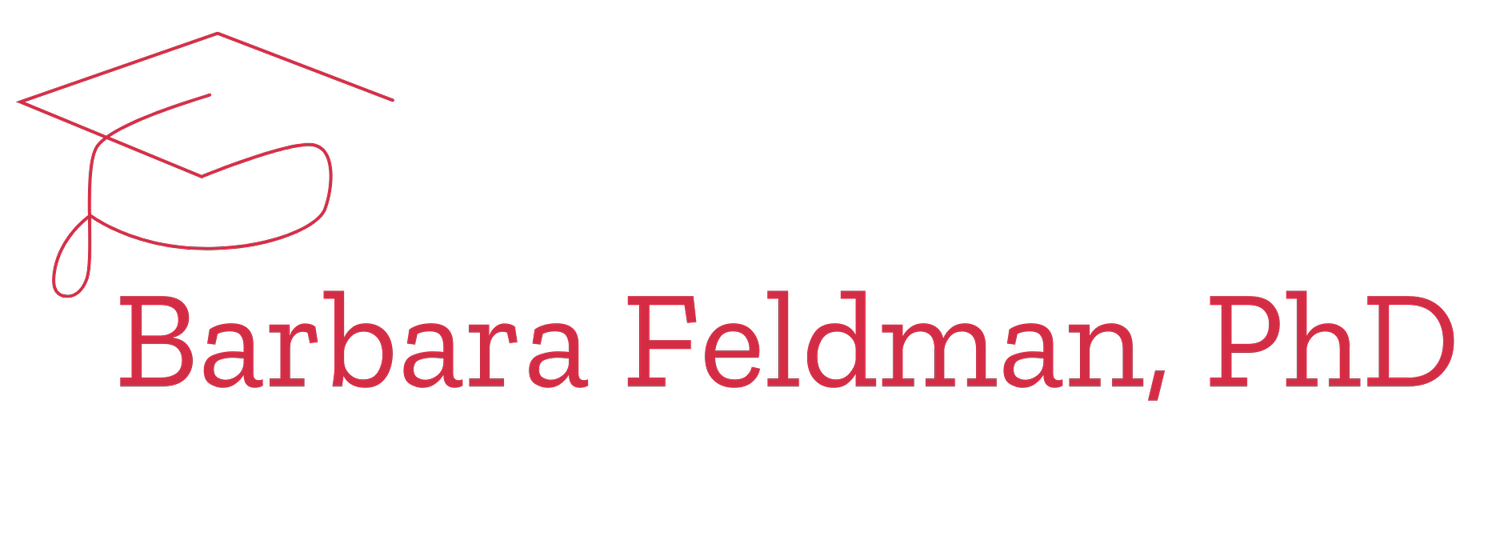3 Solutions To Improving Work-Life Balance for Women In Academia
For so many years, as a young mother and new professor, I ran myself into the ground trying to do both and do both well. I knew I was fighting a losing battle but felt I had no choice but to keep running on that treadmill with my hands full of responsibilities. I had two children and earned tenure in the first seven years of my career. It's a great success story, but at what cost?
There was always someone around to question my ability to mother while working full time or to wonder if I could be a good professor if I had two young children who needed me. I felt that I had no one to blame but myself since I made the choices that put me in the situation. Even as a sociologist, it didn't occur to me that it might not be that my decisions were wrong, that I was inadequate, or that I had to manage it all by myself. Women know this feeling well. The sentiment of “being enough and doing enough” plays like a broken record for many of our internal dialogues from the first moment we reconcile a societal expectation with our own life experience.
Now, 30 years later, the problem still exists. It exists in all of the conversations about creating a “work-life balance.” I cringe every time I hear the phrase. Two things mainly cause me this discomfort; one is the notion of "balancing" and the other is putting the onus on women to maintain this balance. Balancing two major responsibilities whose weights keep changing is unsustainable in the long term. We continuously ask women to individually manage a problem that is a societal challenge. But instead of asking, we can be agents of change. Here’s how:
Recognize that this issue disproportionately affects women but also impacts everyone: In a 2020 study, “Who Gets to Have a Life? Agency in Work-Life Balance for Single Faculty, Equity & Excellence in Education” (Culpepper, Lennartz, O’Meara, and Kuvaeva), researchers “found single faculty members, particularly single, women associate professors, felt less agency in their ability to balance work and life than their partnered peers.” In addition, “Single faculty members argue that institutions assume faculty without nuclear family commitments are available to take on the work that faculty members with families cannot, which constrains their efforts to maintain healthy professional and personal lives.” The reality is that when the infrastructure is not in place to support faculty, everyone suffers.
Develop leadership skills that recognize when people need support and offer flexible work options and benefits: “The inability to switch off from work can be detrimental to one’s health. It indicates high levels of stress and could be a precursor to fatigue and early burnout.” (via FoundIt) The cost of stress, fatigue, and burnout can manifest as poor performance, sick days, mental health leaves, resignations, and terminations which are all costly alternatives to building out flexible schedules, hybrid work plans, time-off benefits, and family support.
Pay women more: In 2023, it seems silly to need to say this but equitable pay practices impact women in academia. According to BestColleges.com, “Full-time women professors make 82 cents for every dollar their counterparts who are men earn, according to the American Association of University Professors (AAUP). That gender pay gap persists across academic ranks, growing wider at higher ranks.” If we are expecting women to pull themselves up, we must give them the means to do so. To be brutally honest: Staff pizza parties, student center gym memberships, and updated faculty lounges aren’t going to pay the bills at home.
Things are better than they used to be. Sure, there are more daycare options and before and after-school programming, but those are only aids in managing a balance. Children get sick, daycare centers close, and often, work hours do not align. And we are once again left with an armful of balls, broken plates we have dropped, and a full plate that spills over. We have to be the change we wish to see. It’s that simple.
“Happiness comes from living as you need to, as you want to. As your inner voice tells you to. Happiness comes from being who you actually are instead of who you think you are supposed to be.” —Shonda Rhimes, TV screenwriter, producer, and author
